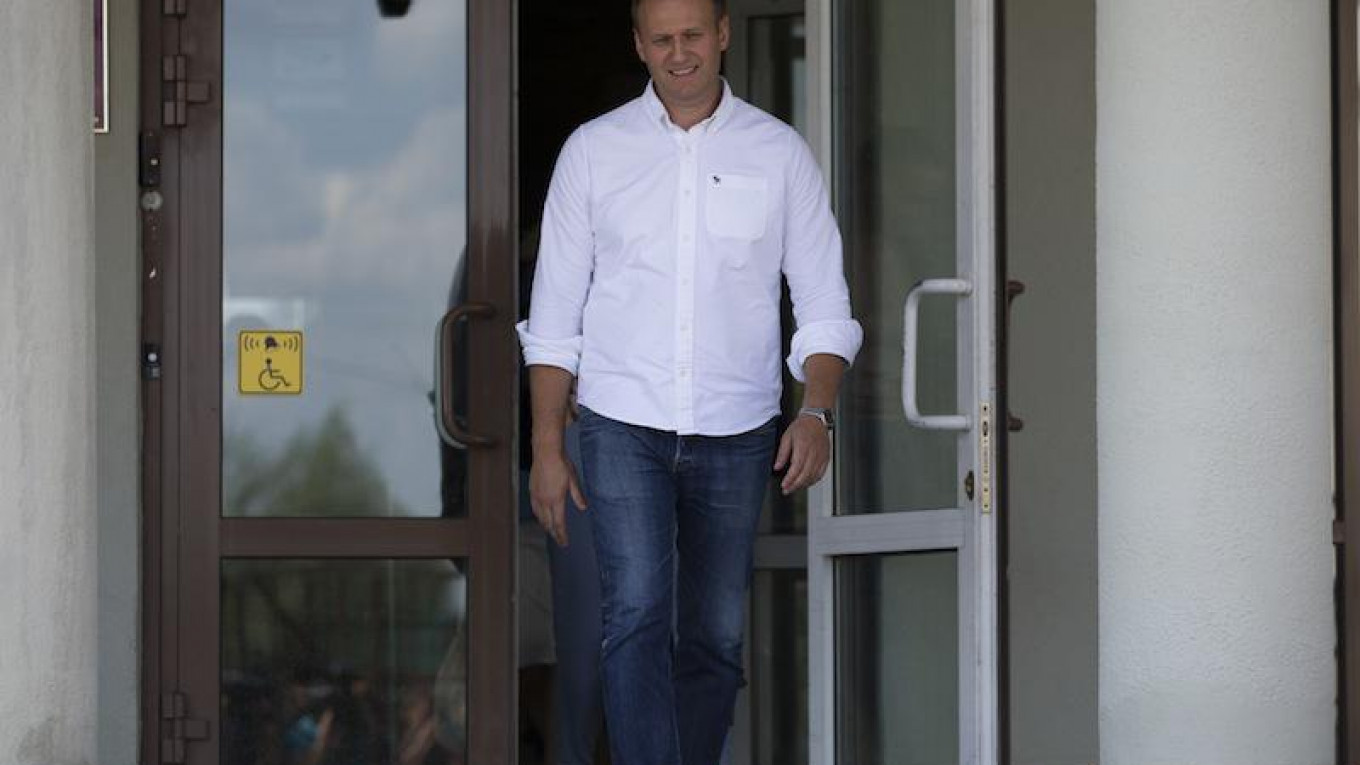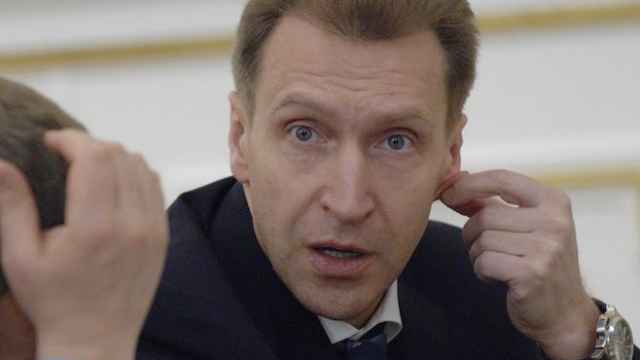Opposition activist Alexei Navalny has avoided jail after a Moscow court rejected an appeal to change his suspended jail term into an immediate sentence.
Russia’s Federal Penitentiary Service made the request, claiming that Navalny had broken the terms of his suspended sentence by failing to report to a scheduled meeting at a city police station on July 7. Navalny's sentence stipulates that the activist must report to the police twice a month.
The court was told that Navalny’s lawyer had informed police on July 6 that his client was on holiday, and that Navalny had presented himself to the police on his return to Moscow on July 11.
“I can’t leave Moscow for more than two weeks. I work, I have business trips and children with school holidays,” Navalny told the court. “Do you need me to stop working, stop going on holiday with my children, become an alcoholic and a social outcast?”, he said.
Navalny produced receipts from a holiday home rental in Karelia to prove of his whereabouts on July 7, adding that the authorities were aware of his movements as security service agents had followed him closely during his trip.
The activist claimed that the request to have him jailed was an attempt to deter him from continuing his investigative work for his Anti-Corruption Foundation.
“The only person you’re distressing is my wife, who always has to pack and unpack my suitcase for prison,” Navalny told the court.
Navalny and his brother Oleg were convicted in December 2014 of embezzling 30 million rubles ($442,000) from two companies, including the Russian branch of the French cosmetics giant Yves Rocher. Navalny was given a suspended sentence of three and a half years, whilst his brother was sentenced to a prison term of the same duration. Both have repeatedly denied the accusations, claiming that the case is politically motivated.
A Message from The Moscow Times:
Dear readers,
We are facing unprecedented challenges. Russia's Prosecutor General's Office has designated The Moscow Times as an "undesirable" organization, criminalizing our work and putting our staff at risk of prosecution. This follows our earlier unjust labeling as a "foreign agent."
These actions are direct attempts to silence independent journalism in Russia. The authorities claim our work "discredits the decisions of the Russian leadership." We see things differently: we strive to provide accurate, unbiased reporting on Russia.
We, the journalists of The Moscow Times, refuse to be silenced. But to continue our work, we need your help.
Your support, no matter how small, makes a world of difference. If you can, please support us monthly starting from just $2. It's quick to set up, and every contribution makes a significant impact.
By supporting The Moscow Times, you're defending open, independent journalism in the face of repression. Thank you for standing with us.
Remind me later.






